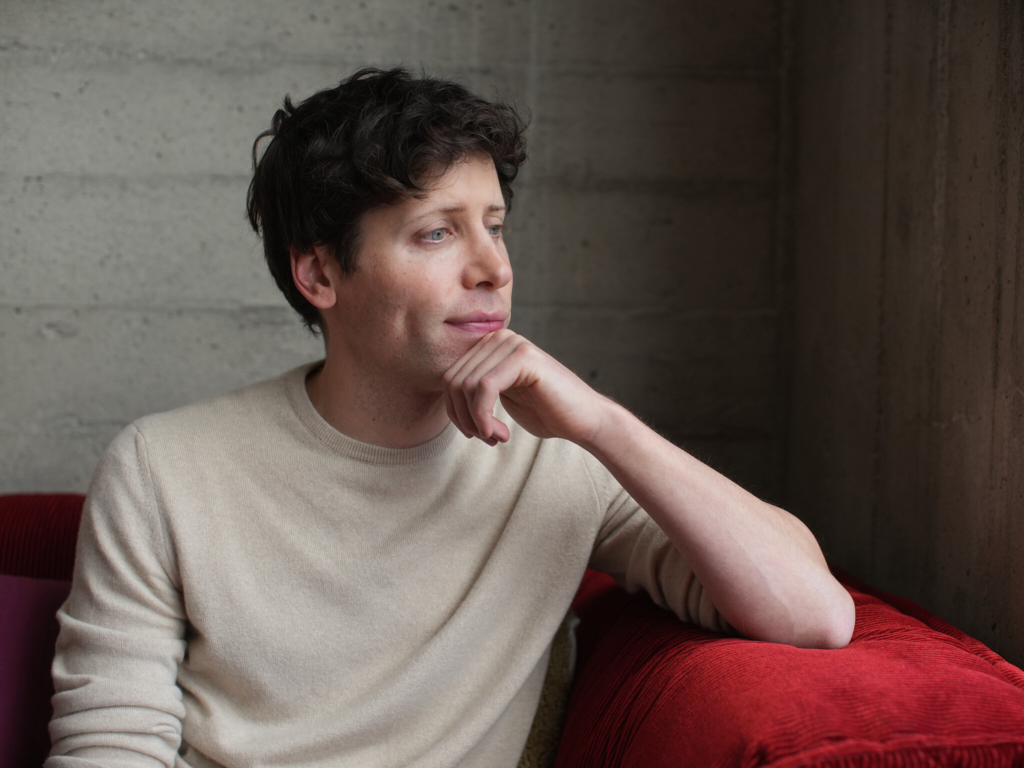OpenAI, a pivotal player in AI technology with its flagship ChatGPT, faced a massive upheaval as numerous employees, possibly 500 out of 770, rallied to quit and join Microsoft.
The exodus followed the departure of co-founder Sam Altman, who was terminated abruptly and subsequently announced plans to initiate an AI subsidiary at Microsoft.
Board Strife and Resignation Ultimatum:

In a bold move, senior staff members of OpenAI issued a letter threatening to depart unless the board underwent a replacement.
This letter initially revealed to Wired, criticized the board’s competence, with signatories including Ilya Sutskever, the chief scientist, and other significant figures dissatisfied with recent decisions.
The letter highlighted Microsoft’s assurances of positions within its new subsidiary, prompting an exodus of talent.
Despite pressure to reinstate Altman, Emmett Shear, a former Twitch executive, was appointed as OpenAI’s interim CEO, a decision met with resistance from major investors and Microsoft itself.
Conflicting Narratives and the Tech Giant’s Investment:
Divergent narratives emerged regarding Altman’s departure, with reports suggesting disagreements over the company’s direction and safety concerns in its AI pursuits.
OpenAI defended its actions, citing transparency issues as the core reason behind Altman’s removal.
The tech industry witnessed a clash as OpenAI, Google, Meta, and emerging startups vie to advance their AI models.
ChatGPT, among other generative AI platforms, raised concerns about misuse, including creating “deepfake” images and disseminating harmful disinformation.
Microsoft’s Stance and Continued Collaboration:
Microsoft, a significant investor in OpenAI with investments exceeding $10 billion, affirmed its commitment to the partnership despite the leadership turbulence.
CEO Satya Nadella expressed eagerness to engage with Shear and OpenAI’s new leadership team while maintaining confidence in the collaborative product roadmap.













